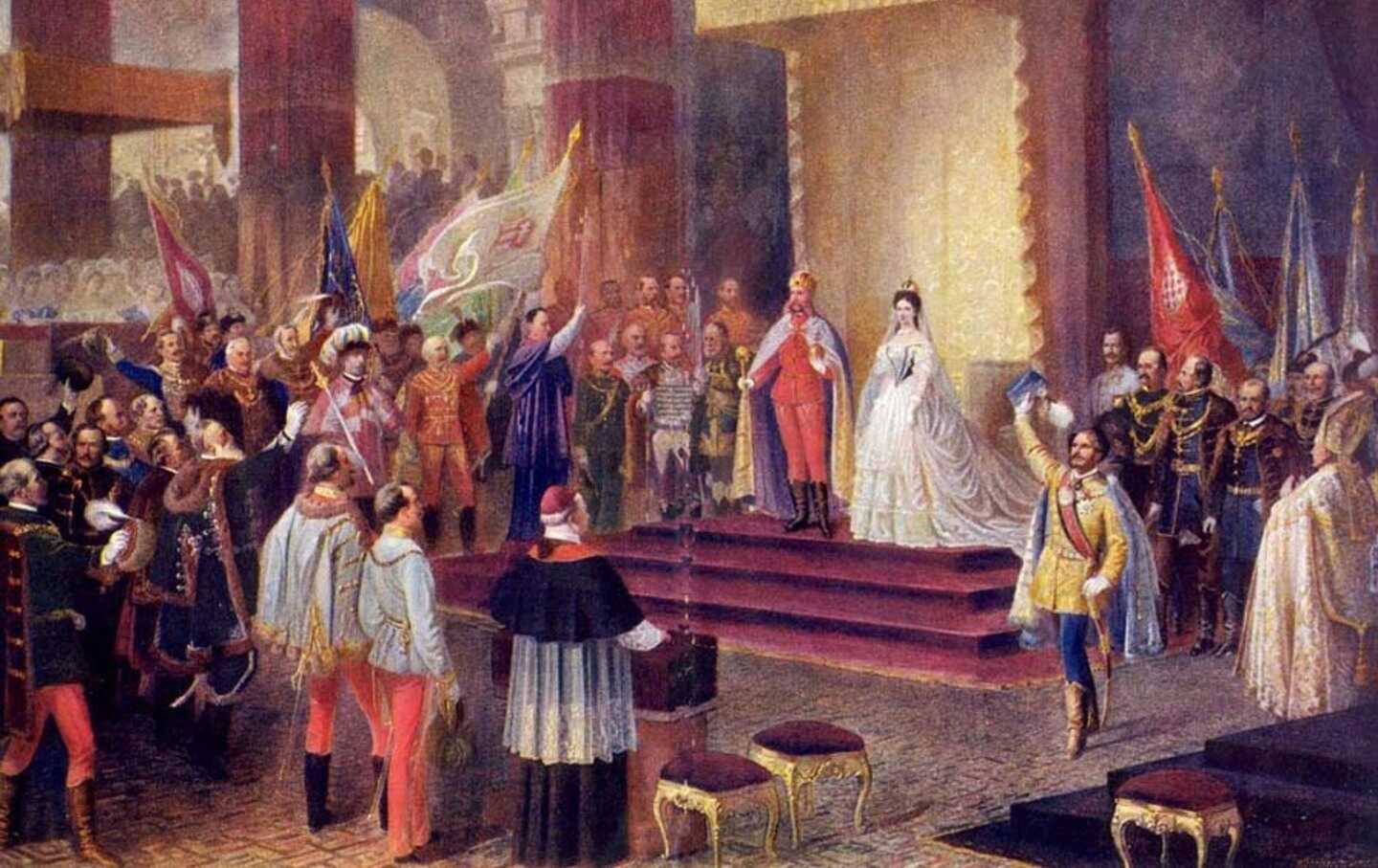The Habsburg Empire and the Modern State
On this episode of American Prestige, Natasha Wheatley on the transformation of the Habsburg Empire from a multinational collection of polities to discrete nation-states.

Here's where to find podcasts from The Nation. Political talk without the boring parts, featuring the writers, activists and artists who shape the news, from a progressive perspective.
On this episode of American Prestige, Natasha Wheatley, assistant professor of history at Princeton, sits down with our hosts, Danny and Derek, to talk about the transformation of the Habsburg Empire from a multinational collection of polities to discrete nation-states and how this century of radical change informs our ideas of sovereignty and the subsequent international order. The discussion explores the Austro-Hungarian Compromise of 1867, how the Empire navigated emerging nationalisms in the late 19th century compared with the Ottoman Empire, problems of post-Habsburg states after WWI and how they helped engender WWII, and more.
Grab a copy of Natasha’s book The Life and Death of States: Central Europe and the Transformation of Modern Sovereignty.
Advertising Inquiries: https://redcircle.com/brands
Privacy & Opt-Out: https://redcircle.com/privacy

Coronation of Emperor Franz Joseph and Empress Elisabeth of Austria as King and Queen of Hungary, on June 8th, 1867, in Buda, Capital of Hungary.
(Edmund Tull / Wikimedia Commons)On this episode of American Prestige, Natasha Wheatley, assistant professor of history at Princeton, sits down with us to talk about the transformation of the Habsburg Empire from a multinational collection of polities to discrete nation-states and how this century of radical change informs our ideas of sovereignty and the subsequent international order.
The discussion explores the Austro-Hungarian Compromise of 1867, how the empire navigated emerging nationalisms in the late 19th century compared with the Ottoman Empire, problems of post-Habsburg states after WWI and how they helped engender WWII, and more.
Grab a copy of Natasha’s book The Life and Death of States: Central Europe and the Transformation of Modern Sovereignty.

Here's where to find podcasts from The Nation. Political talk without the boring parts, featuring the writers, activists and artists who shape the news, from a progressive perspective.
On this episode of American Prestige, Danny and Derek speak with Jeff Stein, White House economics reporter for The Washington Post, about his series on US sanctions for the Post, "The Money War". They talk about the function of economic sanctions for the US and how that's changed over time, broader cases like Iran to targeted ones like Russian businessman Viktor Vekselberg, how sanctions can "disconnect" war from the public, the humanitarian impact, and more.
Advertising Inquiries: https://redcircle.com/brands
Privacy & Opt-Out: https://redcircle.com/privacy
